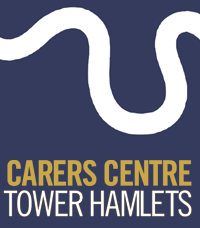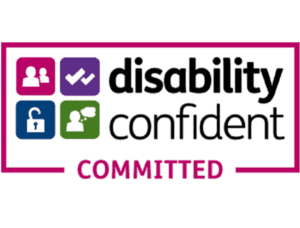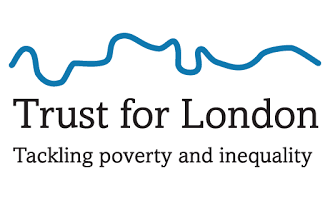Hello Everyone – Is change good?
I often hear people and that includes carers, family and friends either say ‘I hate change’ or ‘change is as good as rest’.
Some changes are negative, emotionally difficult and causes of anxiety for some, such as bereavement, children leaving home, redundancy, moving to a new country and taking on a caring role. Then again change can also be positive, for instance children leaving home are full or promise and adventure for them, redundancy could be away of moving to a different more exciting job, moving to a new country could be the break you are looking for, and being a carer and assuming a role could be a wonderful, positive change that can bring loved ones closer than ever.
So change can be good and it is good to do something different, live a little, get involved in an activity you have never done before.
I have always admired the carers who come through the centre doors as they navigate their caring role, don’t get me wrong it can be stressful at times but I see more positivity. I see carers who also do thigs for others like volunteer, help neighbour’s and other family members and friends. it seems the world of a carer is a kind, patient and thoughtful one.
4 Health Benefits of Giving to Others
Giving to others can have long-lasting physical and psychological benefits.
Charity can boost both mental and physical health. Research shows that those who volunteer live longer and have happier lives. Charitable giving delivers a host of benefits to the body and brain. So whether you give your time or money, you can experience:
- Lower blood pressure.
- Lower stress levels.
- Less anxiety and depression.
- Increased self-esteem.
Four reasons to begin a tradition of giving:
- Giving makes you feel happy. Your brain’s pleasure circuits are stimulated by acts of charity and release “good feeling” chemicals such as endorphins, which give you a sense of euphoria, and oxytocin, which promotes tranquillity and inner peace.
- Giving is good for your health. Stress is the catalyst for many known health issues. Giving has been proven to decrease blood pressure and reduce stress. This reduction promotes longer life and better health.
- Giving promotes social connection. Studies show that when you give to others, your generosity is often continued down the line to someone else, or returned to you. This strengthens our ties to each other.
- Giving is contagious. When one person gives, it inspires others to do the same.


New Carer Centre Podcast made by carers for carers, so watch this space – it is exciting.
Exciting news on the Carers Wellbeing Academy with a new support worker coming soon.

BEFRIENDER – Bangladeshi Elders
We are an older people’s charity, providing support to lonely and isolated older people in Tower Hamlets for 75 years.
We are looking to recruit a Bangladeshi speaker with a good understanding of Bangladeshi Elders, to visit and support older men and women in the borough, increasing their confidence, their mental well-being and keeping them independent for longer. We are particularly interested in recruiting a Bangladeshi woman as we currently have a waiting list of women from this community.
Fluency in Sylheti/Bangladeshi as well as excellent spoken and written English is essential. Must be IT literate and have experience of working with Microsoft packages.
For more information about the role and how to apply please email admin@thfn.org.uk and you will be sent out an application pack.
Closing date for applications is 14th June 2022
Come and join us at this wonderful event
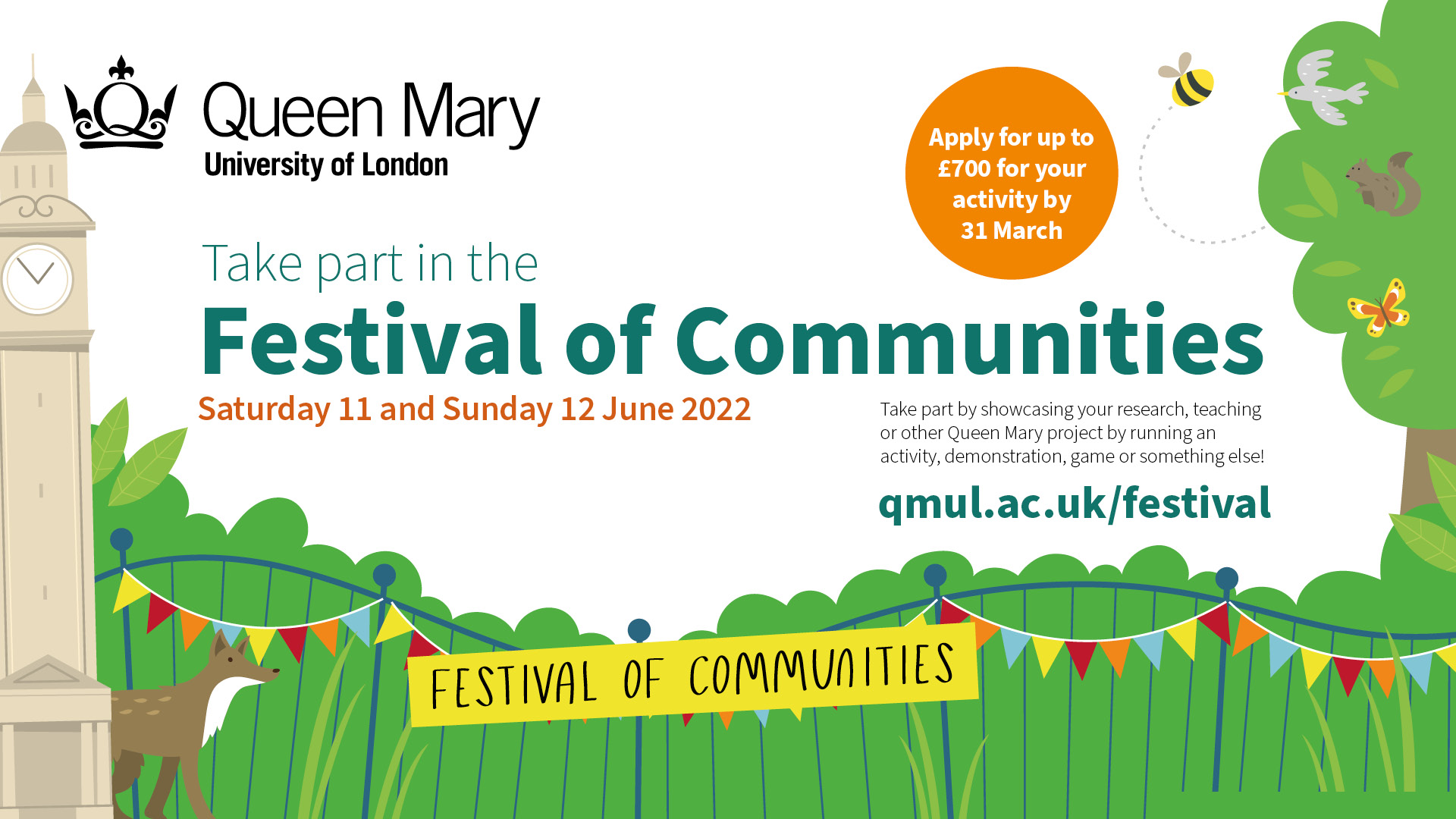
BLC Comedy Night – Saturday, 28 May 2022 Join Brick Lane Circle’s comedy night on 28 May 2022. With the fantastic Su Mi, Jason Patterson, Daman Bamrah, Anuvab Pal, and Impish Scribe MC https://www.eventbrite.com/e/blc-comedy-night-tickets-341863221097
Doors open: 7.00 pm. Show starts: 7.30 pm, ends c. 9-15 pm
How about you join up for a Self-Care Workshop…
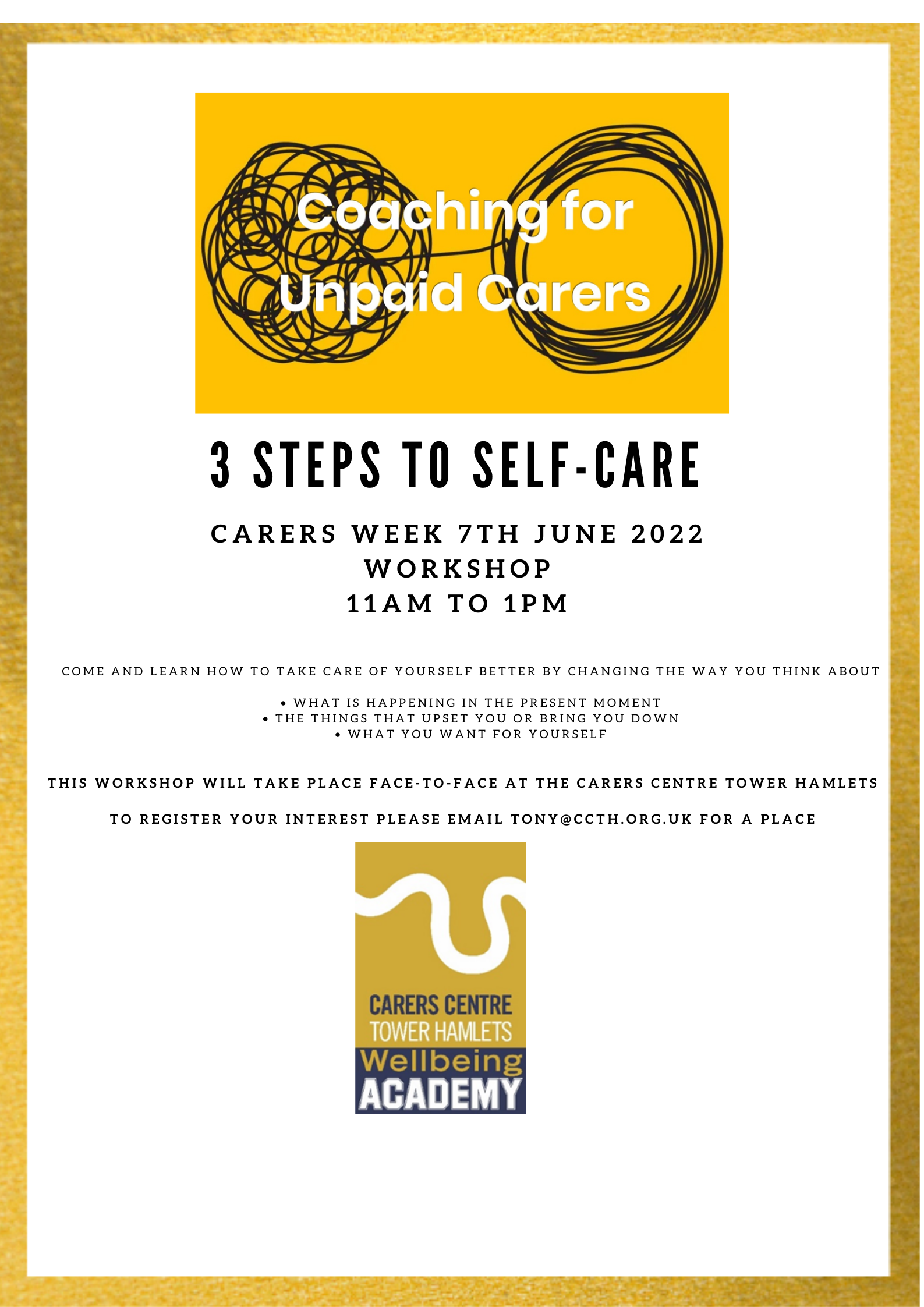
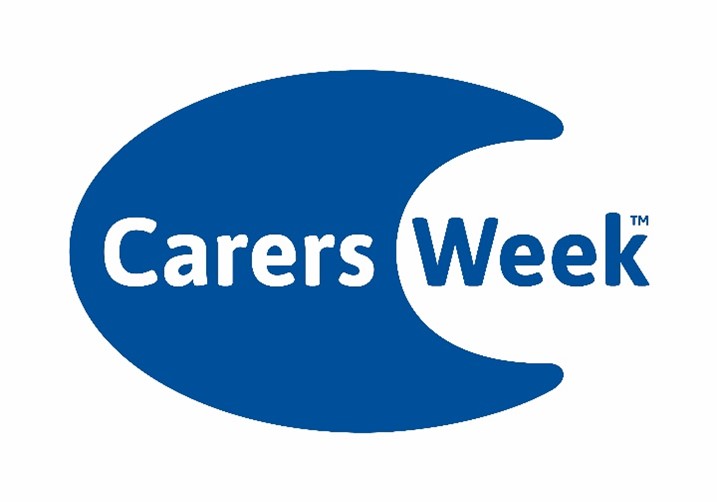
Carers Week is coming soon – June 6th to 12th 2022
The Carers Centre Tower Hamlets is excited that Carers Week is happening in June 6th to 12th.. We have developed a full timetable of activities incorporating this year’s theme Make caring visible, valued and supported.
| Time | Monday 6th | Tuesday 7th | Wednesday 8th | Thursday 9th | Friday 10th | Saturday 11th | Sunday 12th |
|
AM
|
Shared Reading Group 11.15 to 12.15 Pamper Day & Garden Party – First come, first served 10 to 3pm |
Coaching for Carers – 3 Steps to Self-care 11am to 1pm |
Peer support group with Ageing Well with Open University doing a talk for carers 11am to 1pm |
Day Trip to Kensington Palace 10 to 4pm |
Free day |
Community Festival 11.30 to 4.30 |
Community Festival 11.30 to 4 .30 |
|
PM
|
Safeguarding for carers – what carers should know 2 to 3pm
|
Yoga 2.30 to 4pm (@ LBC)
|
WeConnect Hub 2pm to 3.30pm |
Email tony@ccth.org.uk to reserve your place
This weeks Wellbeing Academy Activities & Highlights
Friday 20th May
Friday Social Club – 2pm to 3pm via Zoom
The Tuesday Social Club is moving to Fridays as of next week, and this is allowing carers to have an end of week catch up and a look forward to the weekend vibe. I am aware it is Friday the 13th and thought shall we discuss our best and worst Friday 13th stories – what do you think?
Check out the https://ccth.org.uk/new/calendar/
Check out the monthly 2022 timetable, as this will let you know our weekly activities’ and then email tony@ccth.org.uk for a place.
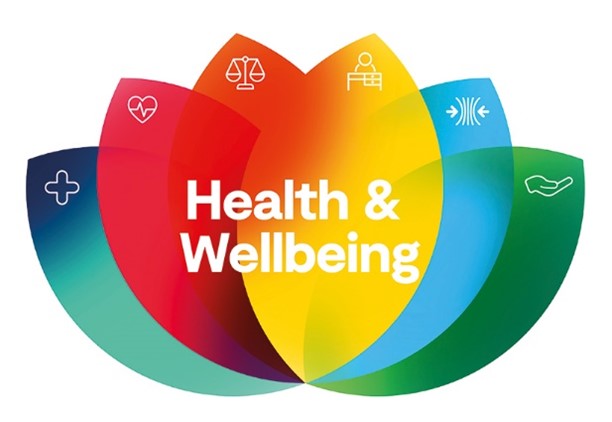
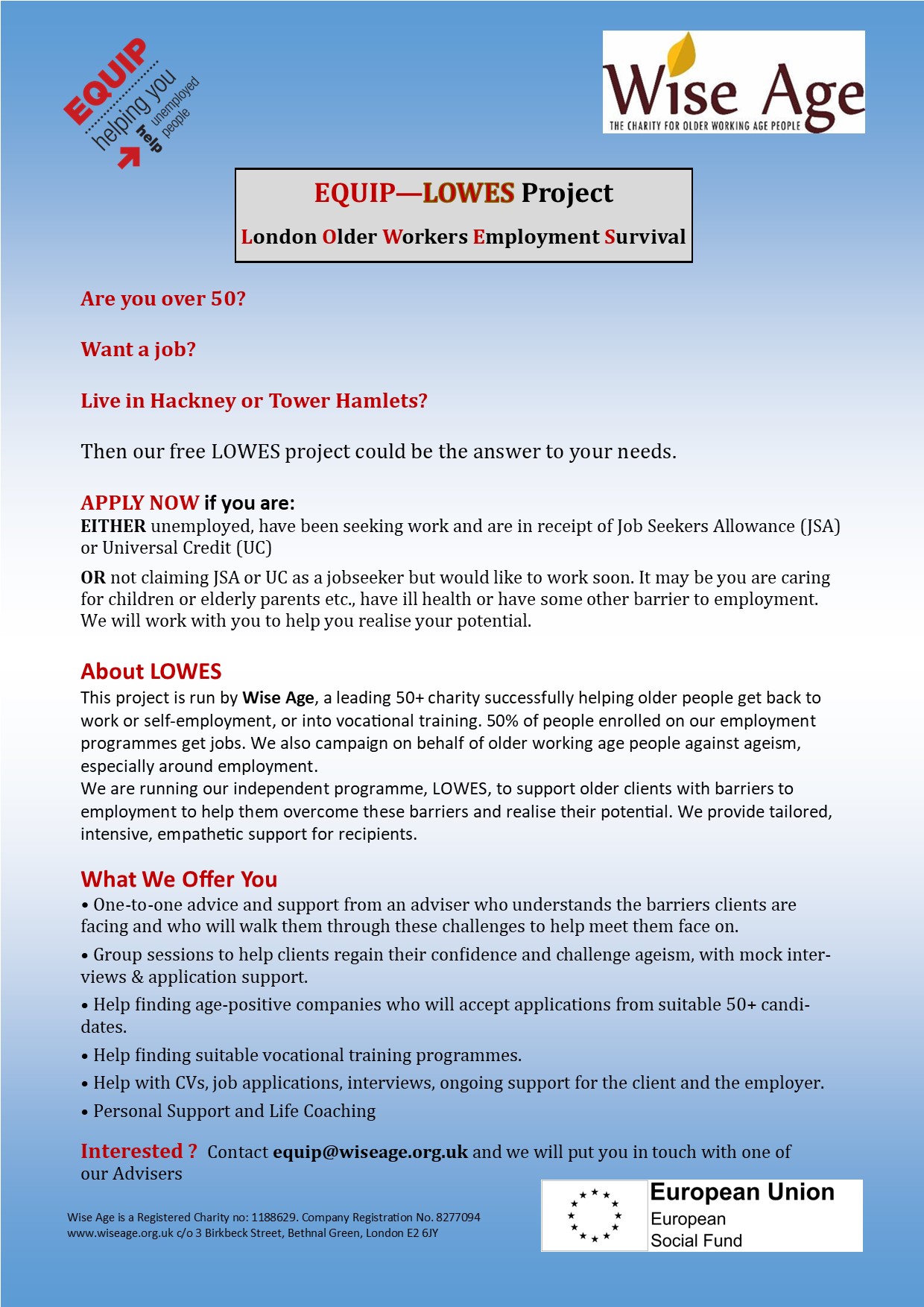

Check out a new free course that has just been launched that focuses on carer wellbeing. It is called ‘Physical activity for health and wellbeing in the caring role’ and has been kindly endorsed by the Carers Trust. The course is 6 hours in length and learners can achieve a ‘badge’ on completion of the end quiz, and this can be added on a CV to evidence their learning/continuous professional development. We hope that it will be helpful to those working with carers, including carer centre staff, those supporting carers less formally and importantly carers themselves!
A carers guide to home fire safety
A new video resource has been launched on the London Fire Brigade website to help carers learn how to keep people that receive care safe from fire.
Sadly, around one third of those here who die or are severely injured by fire are in receipt of some form of care or support. If you are a formal (domiciliary care worker, support worker or clinician) or informal carer (family member, friend or neighbour) and are caring for someone in their own home, this new resource will help you identify fire risks and show you what you can do to reduce them. There is also more information available on the website around fire safety and prevention.
Watch the video >

ELOP’s LGBT+ Groups
Join our fun, friendly and non-judgemental safe space to meet new people and discuss LGBT+ topics!
LGBT+ Over 50 Social Group
Every Monday 1.00 – 2.30pm, online
LGBT+ Social Support Group
Every Tuesday 7.00 – 8.30pm, online
Stonewall – https://www.stonewall.org.uk/
LONDON Friend – https://londonfriend.org.uk/
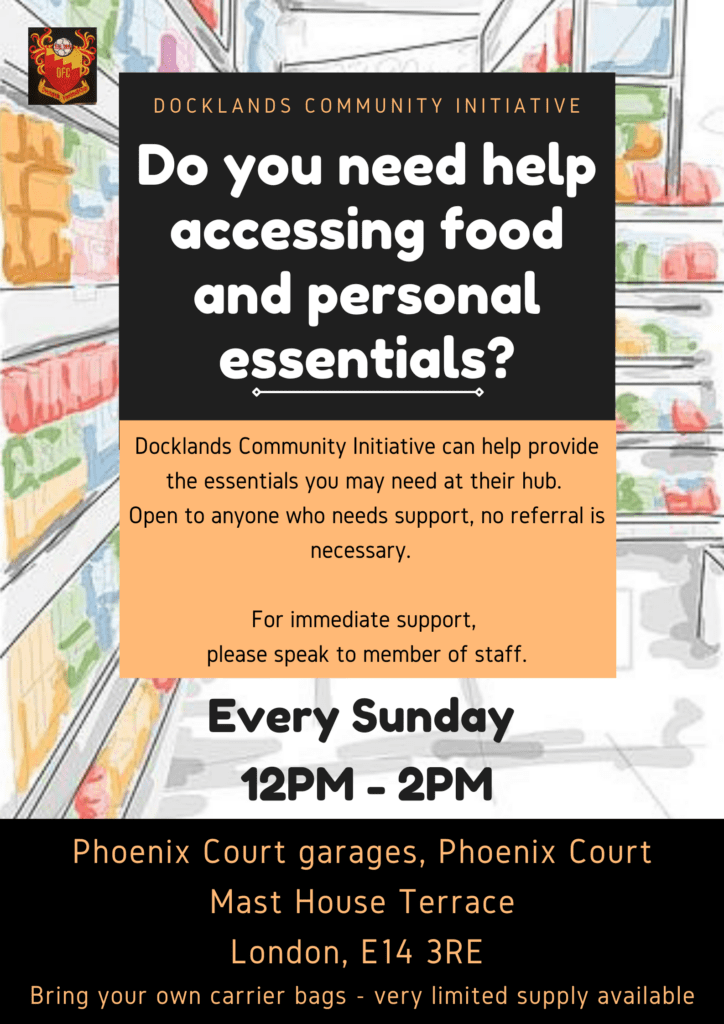
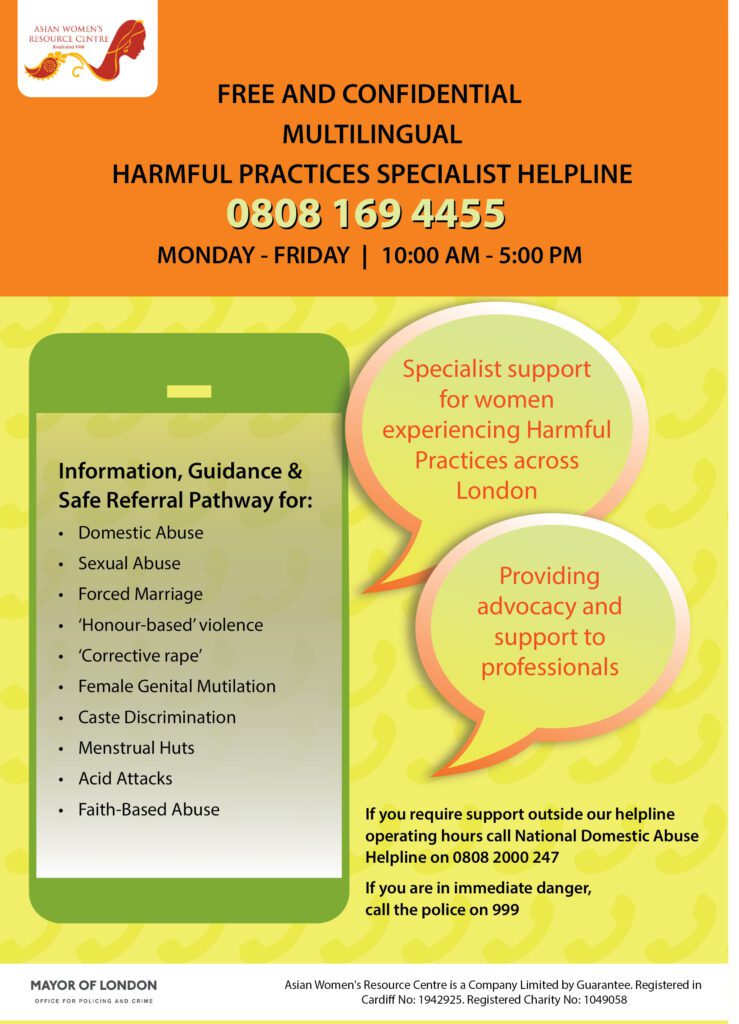
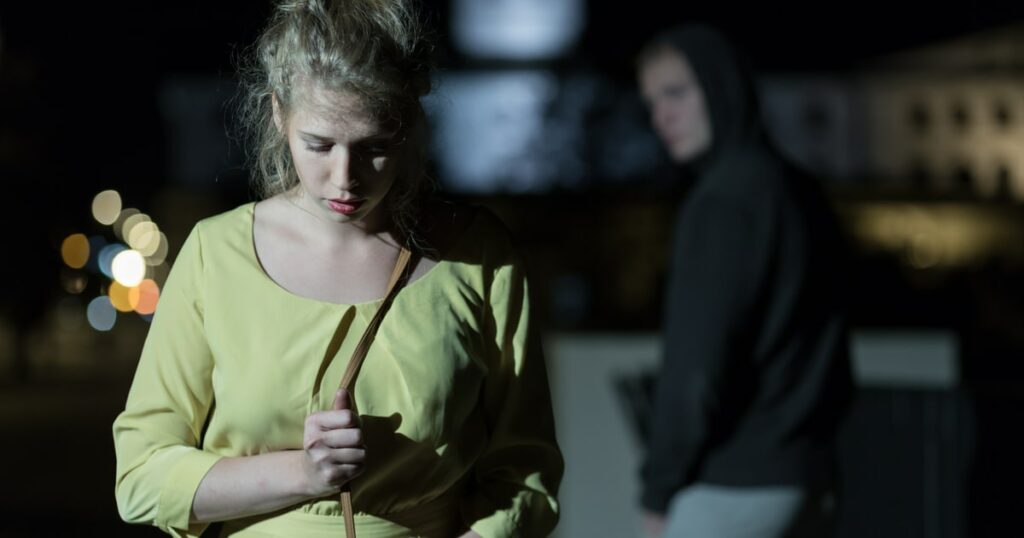
WALKING ALONE? REMEMBER THESE 10 TIPS
1) Plan Your Route
Make sure you plan your route ahead of time. If you are walking in an area you are not familiar with, this can help keep you from getting lost. You will be able to walk with confidence. If you do get lost, don’t wander aimlessly, find a gas station, supermarket, or fast-food restaurant where you can ask for directions.
2) Make Sure Someone Else Knows Your Plans
Don’t go out when it is dark without telling someone, even if you are just taking the dogs out for a walk around your neighbourhood or walking home from a friend’s house nearby. It may seem paranoid, but in fact, knowing someone knows where you are can be reassuring and help you feel safe. If you fall and hurt yourself or run into trouble, and someone knows where you are, they can send help if you don’t arrive at your destination on time.
3) Always Carry Your Phone with You
Always carry your phone, but not for music or to make social calls as your walk. Your phone can be a lifeline if you see something suspicious or worse if something happens to you. Download a safety app on your phone, so you’ll be able to discreetly alert the authorities if you feel threatened or see something suspicious.
4) Avoid Suspicious People and Areas
Areas that are dark, deserted, or out-of-the-way, such as an alley or a parking lot, can be riskier than a well-lit area full of people. Stick to busy, lighted paths, to minimize the risks. Also, walk mainly in familiar places where you are known. That way, if you feel like a suspicious person is following you, you can always duck into a store you know or knock on a neighbour’s door. Avoid empty streets and pathways with thick shrubbery.
5) Keep Your Hands Free
Except for a flashlight and one of the items discussed below, keep your hands free. If you are carrying anything, put it all in one bag or backpack. This will make it easier for you to react if you notice someone following you. In a dangerous situation, carrying too many bags can keep you from moving as quickly as you can if your hands are free or if you only have one bag.
6) Carry a Non-Violent Deterrent
In addition to a flashlight, carry a non-violent deterrent such as a whistle, mace, or pepper spray. A whistle will help you alert others and call them to aid you if something is wrong. The loud noise may put off attackers, and they’ll move on to find someone else. Mace or pepper spray can give you enough time to evade a potential attacker, and in a pinch, a flashlight can be used as a weapon. Make sure you know how to use the mace or pepper spray to get its full effect.
7) Wear Reflective Clothing to Prevent Accidents
When it comes to personal safety, it’s not just about suspicious people. Areas with low visibility can be prone to accidents. Reflective clothing allows bikers and cars to see you as you walk along. A flashlight or headlight can also help drivers see you if there are dark stretches of road on your route.
8) Take a Self-Defence Class
When fighting off something as an assault, the element of surprise can work in your favour. If you regularly walk alone, take a self-defence class. You don’t have to become a black belt. In fact, it’s probably better to learn something like Krav Maga, which has been popular for self-defence. The idea is to disable your attacker enough for you to get to safety, and a class focused on self-defence will help give you those survival skills.
9) Remove Any Distractions
Keep your phone in your hand in case you need to hit the panic button on your safety app, but don’t let it distract you. When walking alone at night for exercise, music can be motivating and energizing but also distracting. You may not hear someone driving or walking up behind you. Avoid wearing headphones or talking on your phone as you walk.
10) Trust Your Gut
When walking alone at night, trust your gut. If you feel like an area or situation may be dangerous, don’t wait around to find out. Stop and scan your surroundings if you think someone is following you. If you are being followed, walk as quickly as you can to a well-lit public place. You can wait until you feel safe, or call a friend, a taxi, or an Uber to help you get safely get home at night.
Following these personal safety tips will help keep you stay safe when walking alone. Always be aware of where you are and alert to suspicious activity.

Important Numbers:
Domestic Violence Duty Line: 020 7364 4986 between 9am – 5pm.Victim Support: 020 7364 2448/7957
Just wishing everyone a peaceful, safe and week and remember if you need information and advice from the Carers Centre just email enquiries@ccth.org.uk
Tony Collins-Moore
Carers Wellbeing Academy Manager

Opening hours
Monday - Friday – 9.30am – 5pm
Saturday and Sunday – Closed
